No products in the cart.
Farriers M&S Cream & Feather Mite Shampoo (Combo Pack)
Original price was: £40.94.£34.95Current price is: £34.95. inc VAT
Does your horse stamp, rub or bite their lower legs?
Does your horse have scabs behind their knees/hock area or lower leg or even CPL (Chronic Progressive Lymphoedema)?
Our Combo Pack can help tackle Mallenders & Sallenders and Feather Mites.
See below for information on these conditions and how our products help…
What is Mallenders & Sallenders (M&S)?
M&S is a skin condition in horses, specifically affecting the lower legs. Characterised by the overproduction of keratin, it leads to thickened, crusty scabs in areas like the back of the knee (Sallenders) and the front of the hock (Mallenders). These tend to be found in heavy breeds such as cobs and draft horses with feathered legs. Problems caused can be pain, discomfort, bacterial and fungal infections and even lameness if left untreated.
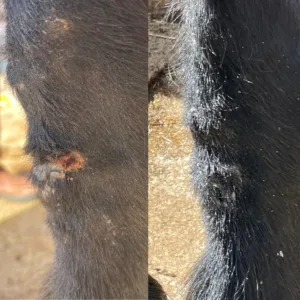
This photo shows the difference over 2 weeks from a daily application on a lovely Fell Pony called Little Fred.
There is no cure because the overproduction of keratin cannot be stopped. This cream works to manage the issue and needs to be regularly applied.
What are Feather Mites?
Feather mites are miniscule parasites found on the legs of feathered horses, living on the skin and feeding on the dead skin cells. They can also feed off the scabs formed through Mallenders & Sallenders so the two conditions often go hand in hand. This leads to an irritated horse with very itchy skin with scabs forming and a cycle of inflammation and itching (caused by the horse rubbing, biting and stamping) which can be very hard to break, especially as the mites are easily transmitted. You can save on vet treatments which only work on the adult mites. The shampoo helps to keep in control of feather mites week after week, leading to a happier horse and owner! Consider our Triple Pack with a handy Biosect Spray for quick leave-in mite control in between shampooing.
Directions of use:
The shampoo is a great way to begin acting against the mites, eradicating them on contact, and will clean at the same time. Massage well, down into the skin from the knee downwards to the heels and leave for at least 5 minutes then rinse thoroughly.
We recommend shampooing then apply your Farriers M&S cream to any scabs (once or twice daily with the cream to start). Repeat with shampoo a week later to catch any hatched eggs, then a week to 10 days later then monthly and 3 monthly. Feather mites’ eggs can be rubbed from legs onto shared wooden posts and also from other horses they are in contact with so repeat use is vital to keep your horse feather mite free.
Cautions
- Protective vinyl or rubber gloves should be worn.
- Avoid contact with eyes – if contact should occur rinse immediately with plenty of water.
- Harmful if swallowed – do not induce vomiting, seek urgent medical attention showing product label.
- Dispose of empty packaging and any remaining product as household waste – do not recycle used containers.
Only logged in customers who have purchased this product may leave a review.

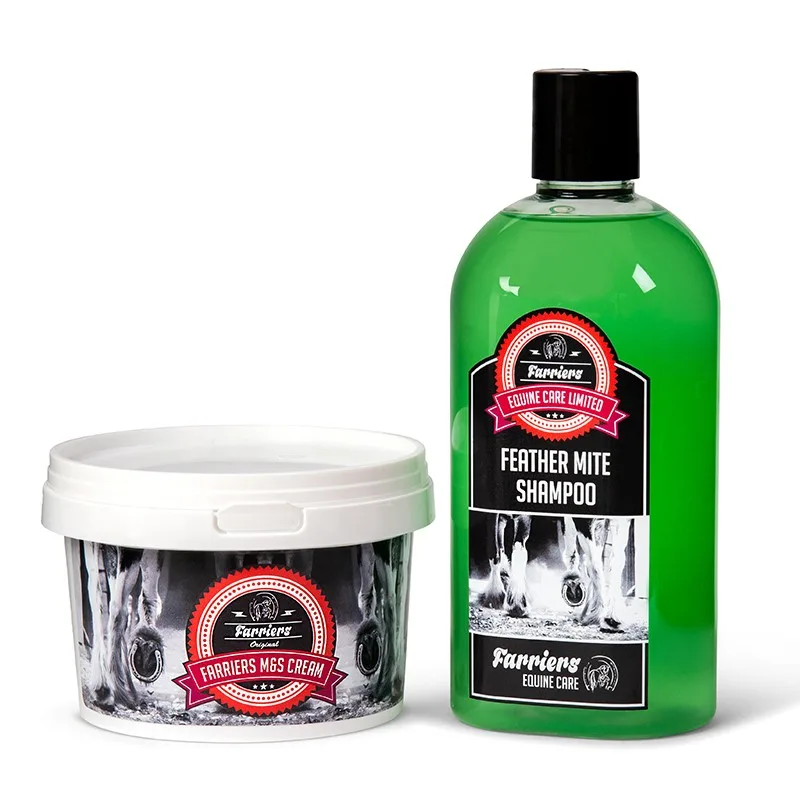
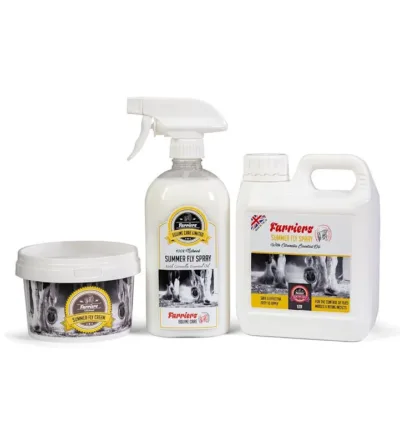
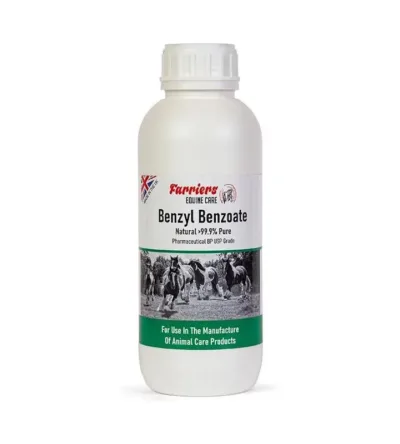
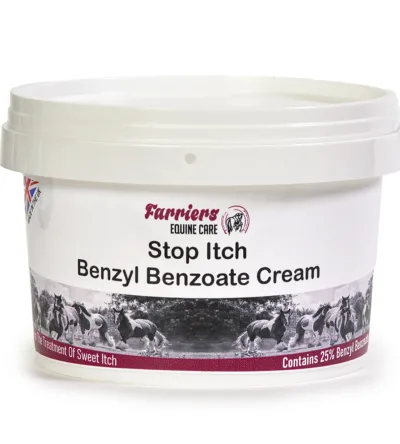
There are no reviews yet.